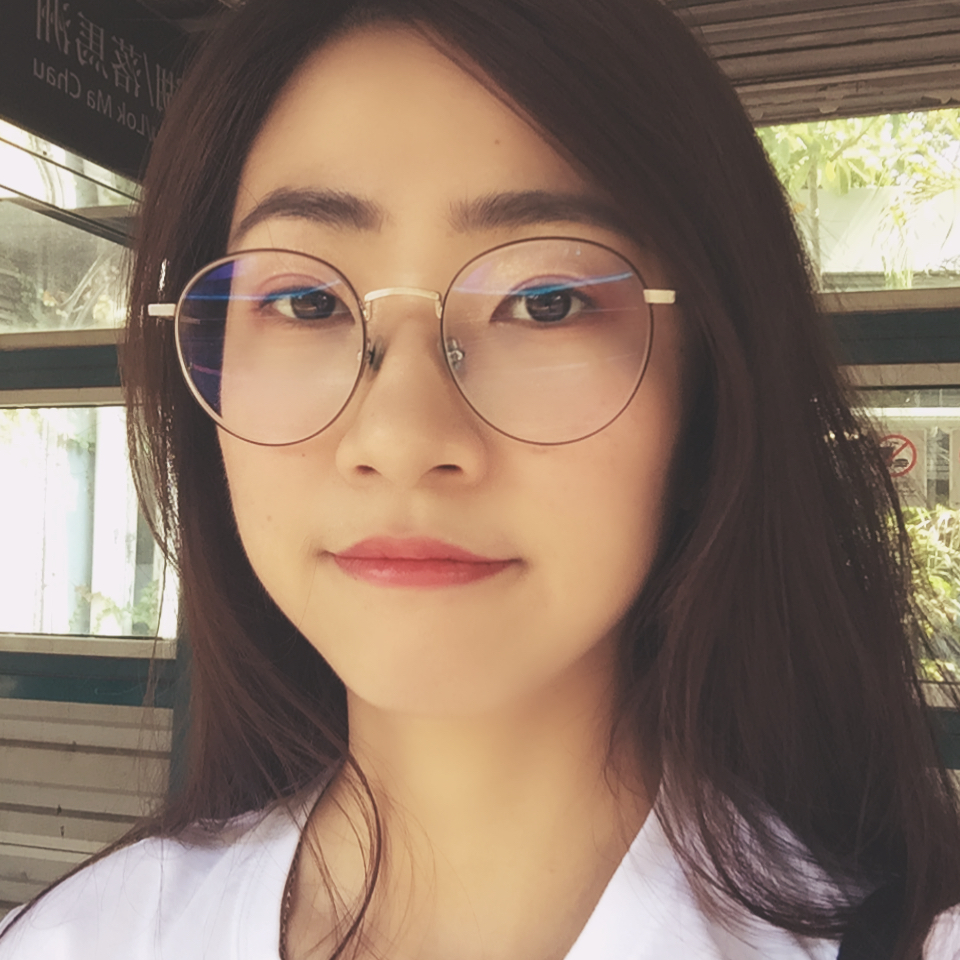Huiyuan Li, Melody, China
Could you please tell us a little about you and your background?
Hi, I am Huiyuan LI, Melody, and I come from China. I am a year three PhD candidate in nursing, an ACT learner and practitioner. I would like to express my sincere thanks to ACBS committee for selecting me as a scholarship recipient and having the opportunity to learn more about theories, practices and sharing my insights on ACT.
How did you become interested in CBS?
I first knew about ACT after listening to a scholar's sharing at an academic conference, and after that I became very interested in ACT and firstly attended an ACT workshop organized by ACBS China Chapter and ACBS World Conference 18 online, starting a continuous learning on CBS and ACT, and making it my PhD research topic.
Could you tell us about your research and application interests?
I am interested in helping patients with advanced cancer accept their cancer experience and promoting life meaning. I am also interested in cultivating my personal ACT competency, being open and mindful to the participants’ thoughts and experience, rather than getting trapped into complex stories and not believe in self abilities. Participating in the ACBS conference is the best opportunity to learn about all ACT-related research, technical training and guidance, and related theoretical frontiers. This is of great help to my research in terms of theory and technical practice. In the following, I would like to present the experience during at the conference and after the conference.
Could you tell us about your experience at the World Conference this year?
My pre-conference workshop was about ‘Life from the Feet Up: Supporting Client Change through ACT Process and Therapeutic Relationship’ by Dr Robyn Walser. She is so passionate and warm that I was inspired by the two-day workshop, especially on how intrapersonal and interpersonal behavioral patterns inform a functional approach, how ACT metaphors and experiential exercises can be tailored to fit the client’s experience and language practices including the social and cultural contexts, how to work through barriers to fluid implementation of ACT in an ACT consistent fashion, and the role of personal values in guiding the work done in ACT therapy. This helped cultivate my competences well when communicating with patients with advanced cancer, which has made me think about my relationship with my clients all the time that the therapist maintains a stance that instigates and reinforces psychological flexibility.
During the conference, I actively participated in various forms of lectures and presentations. A Plenary allowed me to hear from Prof Hayes their latest insights on process-based therapy. Banjamin's impressive workshop allowed me to quickly and accurately master the six steps to improve psychological flexibility with the matrix. Dr Fung’s presentation gave me a deep impression on the differences on the development and implementation of ACT based on different cultural contexts. The symposiums allowed me to learn about the research progress of scholars in different fields according to my own interests. The SIG meeting is an interesting part where I can share any insights about ACT practices with ACTors in different parts of the world. During this conference, I also gave oral presentations on ‘Patients’ experience of experiential avoidance on the trajectory of being diagnosed with advanced lung cancer: a qualitative study’ and ‘Acceptance and Commitment Therapy for improving fatigue interference and health-related quality of life in patients with advanced lung cancer: Protocol for a feasibility randomized controlled trial’, and I was honored to share my research findings on ACT to different scholars.
Was there anything that stood out to you about the CBS community?
Through this conference, I was also fortunate to meet my mentor, Dr Anastasia Keller-Collins, who provided great support for my effective learning during the conference and the communication after the conference. Overall, the conference this year and my mentor helped answer many of my questions about the ACT practice, improved my awareness of many practices issues and enhanced my confidence in implementing exercises.
What did you take back from your experience that has been helpful to you?
Inspired by the Conference, I was encouraged to buy more ACT practice and theory books to broaden my knowledge, and share ACT-related knowledge to clinical nurses. I was also encouraged to actively participate in the ACT advanced theory study and group supervision training organized by ACBS China Chapter. After mastering certain skills, I consummated the ACT intervention manual for patients with advanced lung cancer in China and conducted an ACT intervention among 160 patients with advanced lung cancers in China to examine its effectiveness, which is a process of constantly clarifying personal values and applying ACT skills more skillfully. I hope I can share ACT as much as possible with every patient with advanced cancer in China and make them know about it and truly benefit themselves.
Do you have anything else that you would like to share with the community?
Although ACT began to prevail in China, ACT implementation directly by clinical nurses is still very rare. My goal after completing the PhD project is to continue to share ACT knowledge towards clinical nurses and inspire them to realize the importance of ACT and the feasibility and practicality of ACT, no matter for the quality of life of patients or their own career development, and there will be potential practical value for clinical nurses as an alternative deliverer of ACT in the future.
I would like to spread more useful information about ACT to Chinese cancer patients, so that more patients can be familiar with it, and make it an important choice to enhance their meaning of cancer life. I will also continue to accumulate my own ACT toolbox to enrich my experience and apply ACT to guide my own life.
Many thanks to the conference committee and all members. Hope to see you next time!
